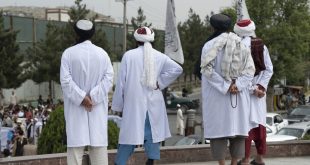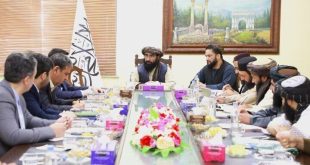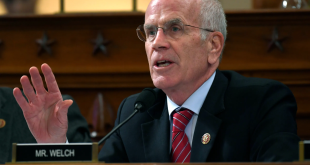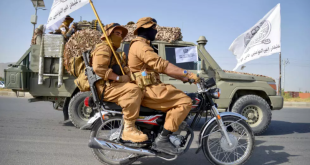Soon after the US and the Taliban inked a monumental peace deal, the US President Donald Trump said his administration plans to start withdrawing troops from Afghanistan immediately and would meet the Taliban in not too distant future. However, the president did remarkably note that if “bad things happen” that US troops will go back to Afghanistan “with a force like nobody’s ever seen.” That’s a fair warning and proviso to compel the Taliban to act as per the peace deal; however, with all these historical developments on paper, one wonders if there has been any recourse or contingency planning mulled over by the US or international fraternity in case the Taliban renege on the deal or if violence shoots up following a drawdown of troops. Given our country’s history, it is too early to celebrate, and Afghans are cautiously optimistic, and equally apprehensive, about the prospects of success or breakdown of intra-Afghan negotiations. The Taliban’s top negotiator Sher Mohammad Abbas Stanikzai’s recent remarks when he rejected the prospect of engaging in a direct negotiation with the Afghan government further dampens the chances for the intra-Afghan talks’ success that are slated for March 10. “You know that today there is no government in Afghanistan, you know that the elections weren’t held in a transparent manner, public turnout was quite low, only one million voted out of 36 million,” he told media after the peace deal signing ceremony. America’s envoy for Afghanistan Zalmay Khalilzad and the Taliban’s representative Mullah Abdul Ghani Baradar were all smiles while signing the deal in the Qatari capital. But the upcoming days would reveal if these cordialities are genuine, or if the once-bitter foes would once again return to face each other on the battlefield. It is indeed a historical development on paper in the peace process but it will be up to the stakeholders — primarily all Afghan factions, the Americans, as well as neighboring states — to help the challenging but doable phase of the peace process – intra-Afghan talks – succeed. Neighboring countries’ sincere efforts, especially that of Pakistan’s, whose role of pulling the strings in all these talks has been further substantiated now, are essential in this regard. The contentious matters from now onwards could be summarized as these: the ability of the Kabul administration to reach a consensus on choosing an inclusive, strong negotiating team and the Taliban’s willingness to truly come to terms with the Afghan political elites – something that still seems quite improbable – and not just struggle for power. Although Stanekzai said that it is premature to say that what kind of a political system the Taliban want, but he clarified that the Taliban would accept the kind of political system that the majority of Afghans will find acceptable. “I think it’s better to decide the structure, format and form of the next government in the intra-Afghan talks; we will accept what the majority of Afghans decide about it,” he said. If this is genuinely what the Taliban believe in – in true spirit and letter – then there would be no worries about Afghanistan’s political future and democracy could prevail as is.
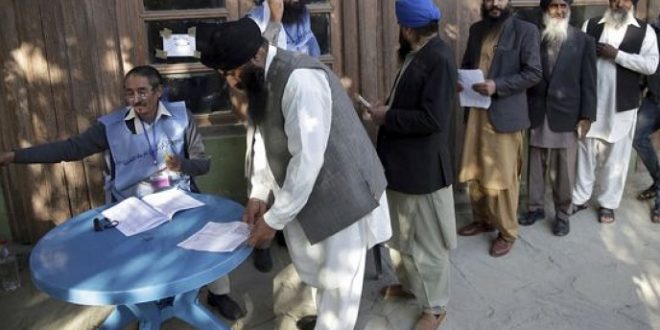
 Afghanistan Times
Afghanistan Times
